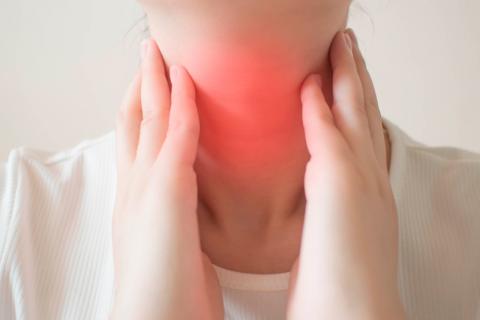
In recent days, as a result of the invasion of Ukraine by Russia, a collective concern is brewing as to whether at a certain moment in this war nuclear weapons could be used. For this reason, some people are trying to get potassium iodide tablets to protect themselves from the effects that could arise from the arrival of clouds with radioactive material.
Given this concern, doctors Lluis Vila and Juan Carlos Galofré, from the Thyroid area of the Spanish Society of Endocrinology and Nutrition (TiroSEEN), clarify how an attack of this type can affect the thyroid, and highlight some aspects that must be taken into account account at the present time and also highlight some tips.
How and why does a nuclear explosion affect the thyroid gland?
After a nuclear accident, either due to an explosion or a leak of radioactive material from a nuclear power plant, radioactive iodine (I131). This element can be captured by the thyroid gland and thus increase the risk of cancer in this gland.
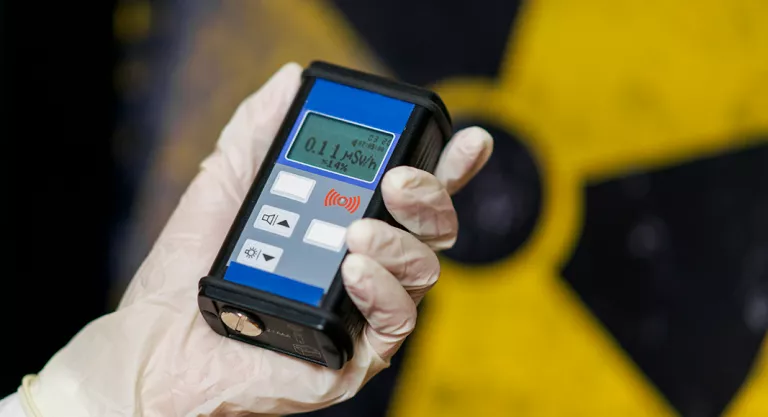
Iodine is the fundamental element for the functioning of the thyroid gland. The hormones that this gland synthesizes contain iodine. For this reason, the thyroid gland naturally captures iodine in order to synthesize its hormones. Iodine uptake by the gland is directly related to its internal iodine stores. If your reserve is complete, the gland will capture much less iodine (it already has enough) and the excess will be eliminated through the urine. On the other hand, if its deposits are empty or not well filled, the gland will be more avid for iodine. If radioactive iodine appears in this situation, the gland will capture it more avidly and the risk of the gland being affected is higher.
How can an adequate supply of iodine be guaranteed?
For the iodine stores to be well replenished, the most important thing is that the daily iodine intake is adequate. The daily needs are around 150 micrograms of iodine in the adult population, 90-120 micrograms in the child population and 250 micrograms in pregnant or breastfeeding women. To meet these requirements we have to eat foods rich in iodine and it is also convenient to consume them regularly, such as iodized salt. In our country, and in many others, the foods richest in iodine are:
-
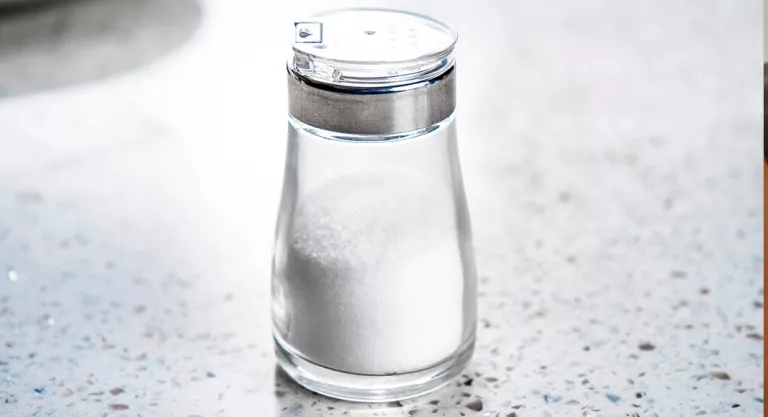
iodized salt. Fortunately, in Spain the iodine concentration of iodized salt is one of the highest in Europe (60 micrograms of iodine/g of salt), so consuming a little salt is enough to cover the daily iodine needs in most of the population.
-

Dairy products, especially milk, in Spain and in other European countries, provide a significant amount of iodine that has undoubtedly contributed and continues to contribute to the adequate iodine nutrition of the population that consumes these products the most. A glass of milk can provide between 40 and 50 micrograms of iodide. The iodine content of vegetable drinks is 2% compared to that of cow’s milk.
-

In the case of pregnant women, there is a greater need for iodine, so in most cases it is recommended that they take potassium iodide tablets as supplements in quantities adjusted for this purpose, since there is not always sufficient consumption of iodized salt and dairy products to cover their needs. These tablets usually contain between 100 and 200 micrograms of iodine.
How much iodine to take in case of a nuclear accident or radioactive cloud?
Undoubtedly, the risk is significantly reduced if our gland has an optimal store of iodine. However, in this situation, the intake of potassium iodide tablets is recommended, but at very high doses to block any uptake of radioactive iodine by the thyroid gland. The doses of the tablets used in pregnant women do not work at all. The doses of the tablets for protection against radioactive iodine carry amounts that may contain between 60 and 150 milligrams of potassium iodide, that is, it exceeds the recommended daily dose by more than 500-1000 times.
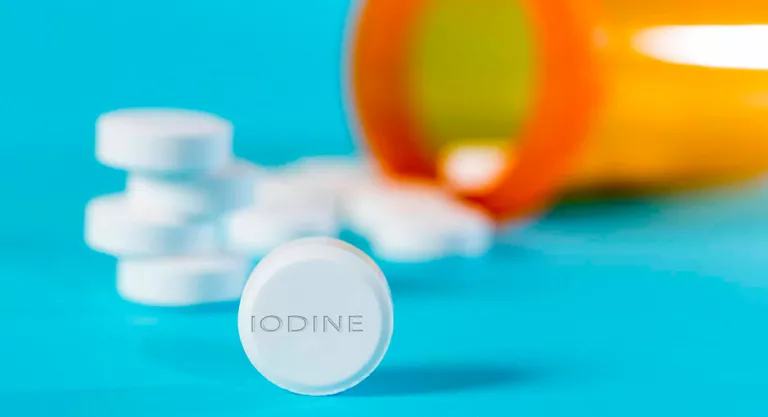
At the present time, does it make sense to ingest high doses of potassium iodide? Does it pose any risk?
At this time it does not make any sense to increase taking excessive doses of iodine indiscriminately to prevent a hypothetical nuclear accident or cloud with radioactive material. If this is the case, the instructions of the competent health authority must be followed.
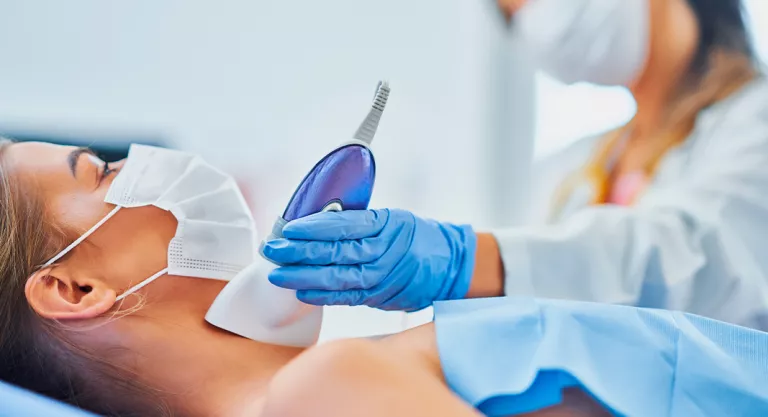
Ingesting iodine in excess can also carry health risks, so in no way can these products be ingested without an express indication from the health authorities. An excess of iodine consumption can generate an excessive production of thyroid hormones (thyrotoxicosis) also, although it seems paradoxical, in some cases it can cause hypothyroidism.
Does potassium iodide at high doses also protect against other effects of radiation?
No. High doses of potassium iodide, when there is a risk of contact with radioactive iodine, only minimize the risk of suffering from cancer of the thyroid gland and do not protect against the other effects that radioactivity may cause.
Iodine 131, which is used to treat thyroid diseases, can be harmful?
No. Doses of I131 that are used in the management of thyroid disease in the hospital setting are controlled by specialists and do not cause thyroid cancer.
Advice and conclusions on the use of iodine in this war context
Regarding this link between radioactivity and the thyroid, SEEN experts conclude that, in this current geopolitical context between Russia, Ukraine and NATO:
Source: Spanish Society of Endocrinology and Nutrition (SEEN)
.